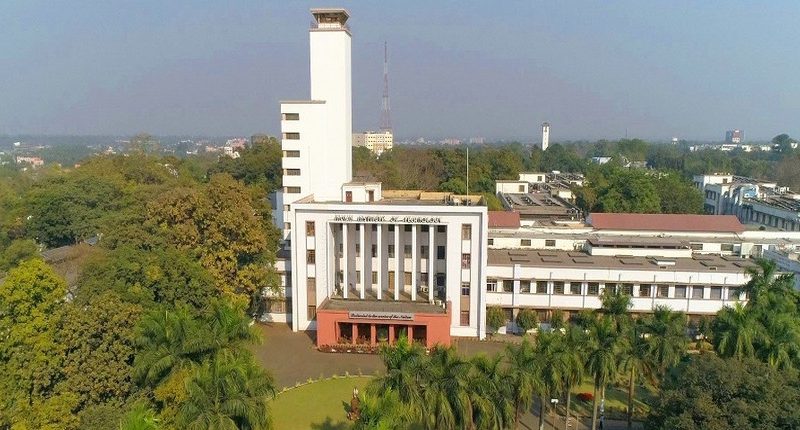
IIT Kharagpur developed ‘Matri Seva’ Software for Ramakrishna Mission Home of Services
IIT Kharagpur has developed ‘Matri Seva’ – a database software, free of cost that works on patient’s particulars and database for Vivek Sanjivani, an initiative for Healthcare and Education of Ramakrishna Mission Home of Service, Luxa, Varanasi. The software has been hosted in the Microsoft Cloud-based server to provide easy access to all the centres. It is used for primary healthcare, mental healthcare, follow-up visits, management of chronic-disease conditions, medications management, health education and other clinical services. Vivek Sanjivani Telemedicine Service is a real-time telemedicine solution which offers a virtual alternative to the in-person doctor’s visit. It expands access to…

